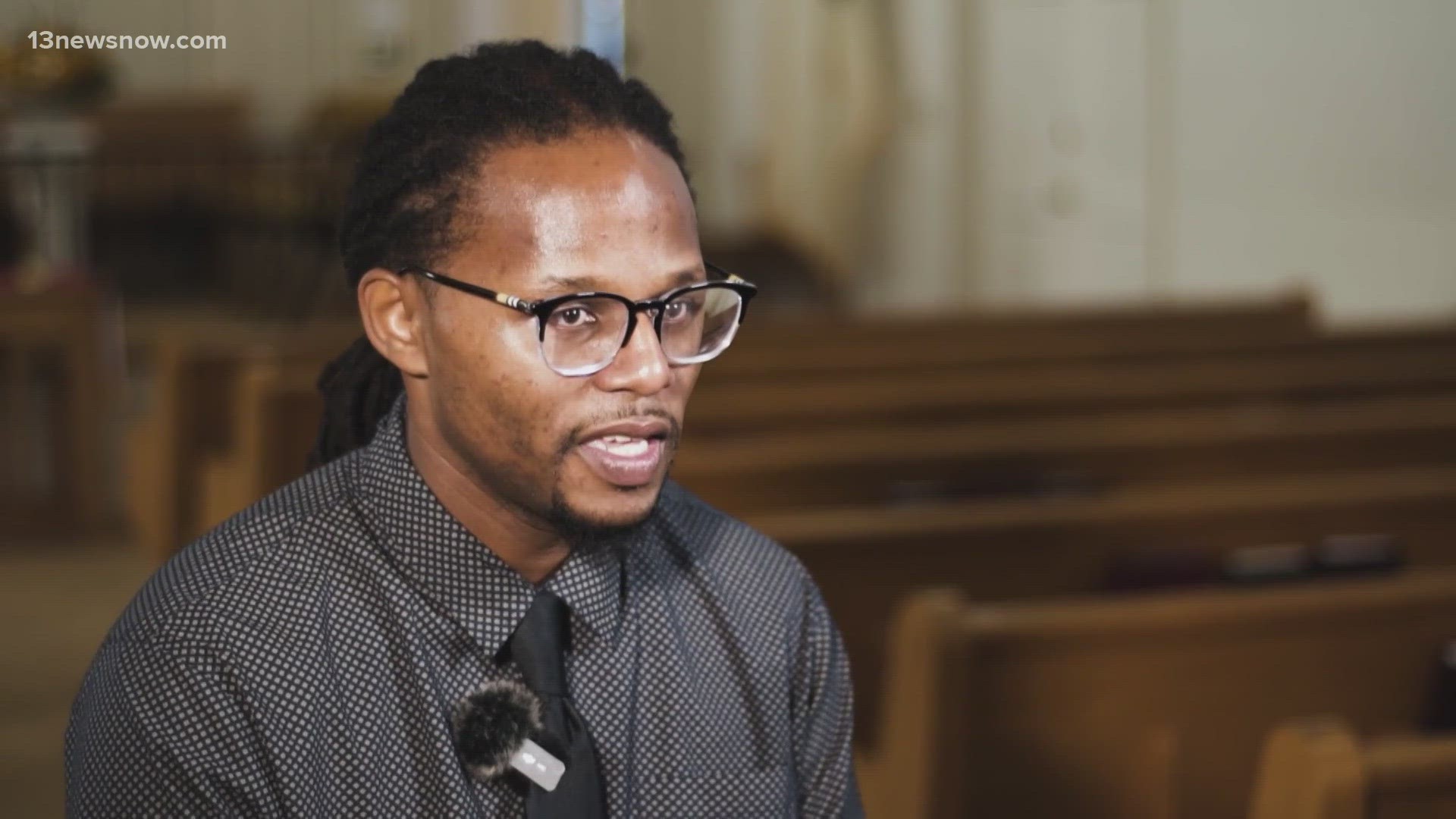NORFOLK, Va. — More and more African Americans are chiseling their way through the infamous 1870 "brick wall" and digging up their ancestral roots. Today, at least 19 states have chapters of the Afro-American Historical Genealogical Society (AAHGS).
"If you have those enslaved ancestors, as most folks who identify as African Americans — whose families have been here for awhile — what is known is that we were not treated as people. We were treated as possessions," explained Bessida Cauthorne-White, who is the president of the Middle Peninsula African-American Genealogical and Historical Society.
1870, five years after emancipation, is the first time formerly enslaved African Americans were listed on the federal census. Before that, the names of slaves were scattered throughout historical documents listed amongst the property of their enslavers.
For 30 years, Newport News genealogist and genealogy educator Renate Yarborough Sanders has combed through thousands of documents connecting the dots between back then and now.
"1870, where people refer to it as this brick wall... instead of seeing it as this brick wall, I see it as the place where we can determine which road we go down with our research. Are we looking for someone who was likely enslaved or are we looking for someone who we have found to be a free person of color?"
Newly digitized records living on the internet have made the genealogical journey much more accessible.
"There are so many records. When I started 30 years ago, we didn't have access to all the records that are now available with online or just have been brought to the light," added Yarborough Sanders.
The challenge is to find the names that can lead a person today to answers about their enslaved ancestors. Slavery was a form of identity theft.
"Names are one of the biggest areas of challenge. For instance, we may only know the first name or we may find that ancestor with a specific last name right after emancipation, and then we don't find them again," Yarborough Sanders said.
Newly emancipated slaves did not always assume the surname of their last enslaver. Some took the opportunity to name themselves after something or someone more meaningful.
"They could take the name of their occupation like 'Carpenter,' 'Shoemaker,' or of a famous person that they admired like 'Lincoln' or 'Washington' or 'Jefferson,' and we find a lot of Black families with those last names."
Lewis Corbin is a name that means "power" to Ronnie Sidney II, a social worker from Dunnsville, Virginia: "When my dad told me about Lewis Corbin's story... so now I have a personal connection to history."
Corbin was a slave on the Ware Plantation in Essex County in the 1800s on the Bellevue Plantation, which was owned by Edward Macon Ware. Corbin escaped slavery, joined the Navy, and fought for the Union in the Civil War. As his third great-grandson, Sidney said his struggles seem small compared to what his forebear endured.
Corbin's story set Sidney on a path to do more with his life. The father of three can now add author, activist, and motivational speaker to his list of accomplishments.
"Lewis Corbin's shoes are huge. If I could even live up to half of his footprint, that will make me feel like I've done something worthwhile."

